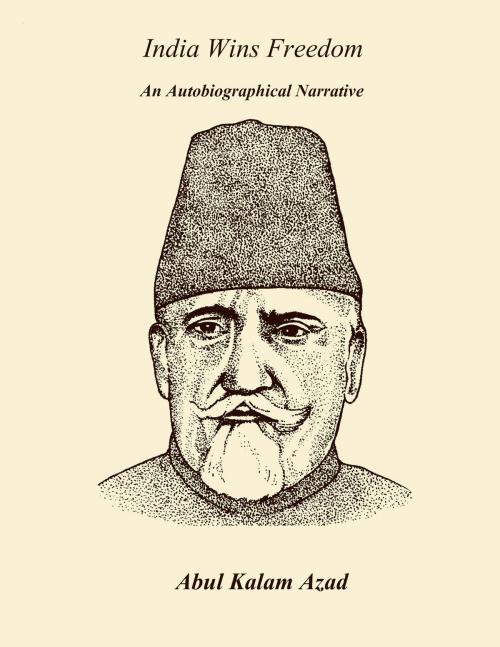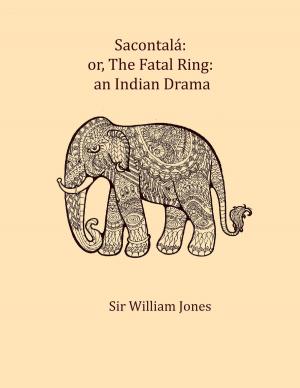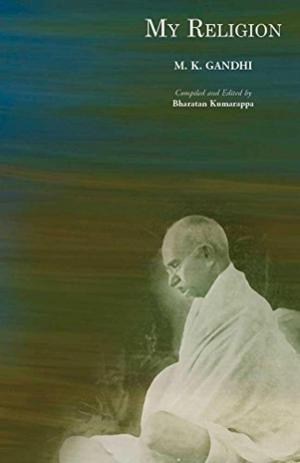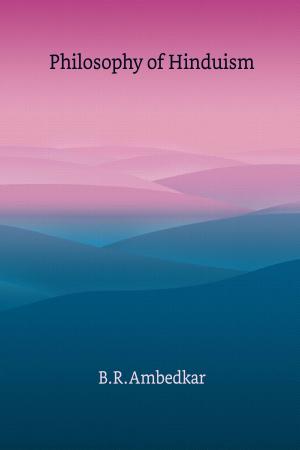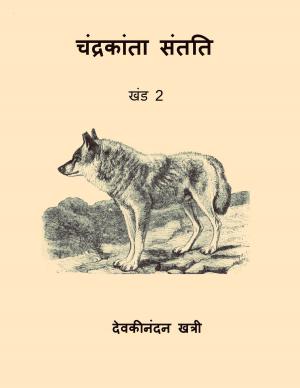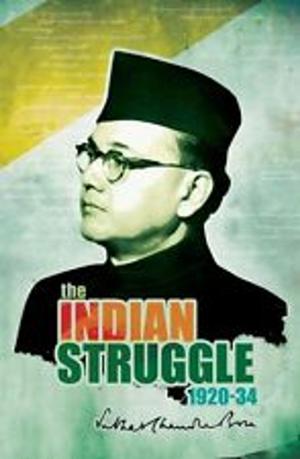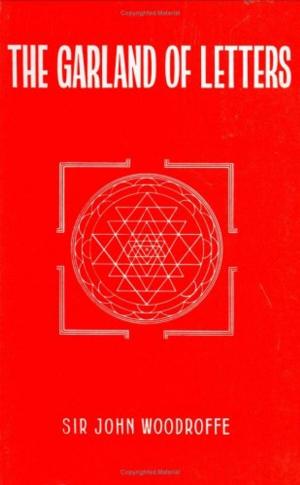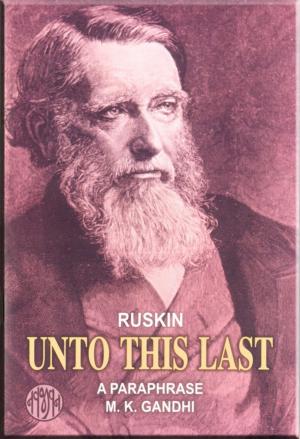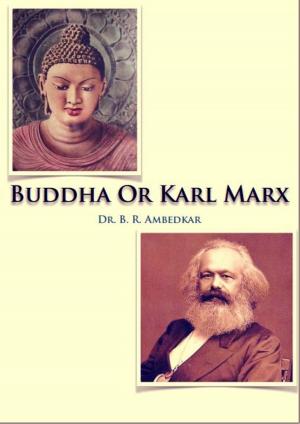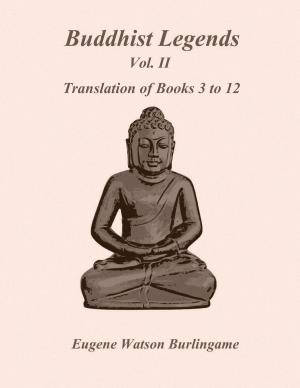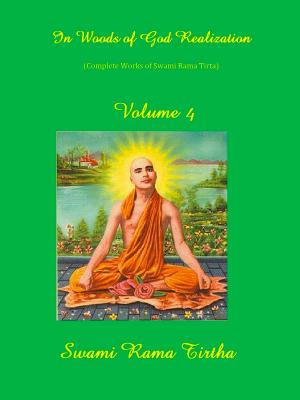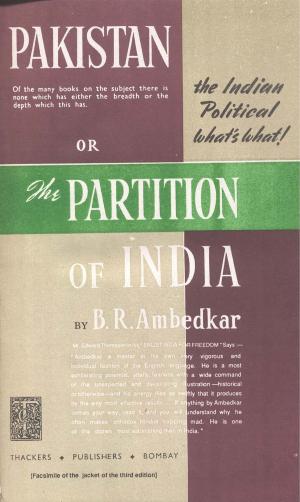| Author: | Maulana Abul Kalam Azad | ISBN: | 1230003022047 |
| Publisher: | Kar Publishing | Publication: | January 7, 2019 |
| Imprint: | Language: | English |
| Author: | Maulana Abul Kalam Azad |
| ISBN: | 1230003022047 |
| Publisher: | Kar Publishing |
| Publication: | January 7, 2019 |
| Imprint: | |
| Language: | English |
WHEN a little over two years ago I approached Maulana Azad with the request that he should write his autobiography, I never for a moment thought that it would be my melancholy duty to write a preface for the volume. He did not like to talk about his personal life and was at first reluctant to undertake the work. It was with great difficulty that he could be persuaded that, as one of the principal actors in the transfer of power from British to Indian hands, he owed a duty to posterity to record his reading of those memorable times. His reluctance was also partly due to his shattered health. He felt that he needed all his energies to cope with the burden of work imposed on him by inescapable political and administrative tasks. He finally agreed on my assuring him that I would do my best to relieve him of the actual burden of writing. This would of course mean that the Indian people would be denied the privilege of reading his autobiography in his own words. Indian literature in general and Urdu in particular would be the poorer for this, but even a version in English written under his direction would be better than no record at all.
WHEN a little over two years ago I approached Maulana Azad with the request that he should write his autobiography, I never for a moment thought that it would be my melancholy duty to write a preface for the volume. He did not like to talk about his personal life and was at first reluctant to undertake the work. It was with great difficulty that he could be persuaded that, as one of the principal actors in the transfer of power from British to Indian hands, he owed a duty to posterity to record his reading of those memorable times. His reluctance was also partly due to his shattered health. He felt that he needed all his energies to cope with the burden of work imposed on him by inescapable political and administrative tasks. He finally agreed on my assuring him that I would do my best to relieve him of the actual burden of writing. This would of course mean that the Indian people would be denied the privilege of reading his autobiography in his own words. Indian literature in general and Urdu in particular would be the poorer for this, but even a version in English written under his direction would be better than no record at all.
